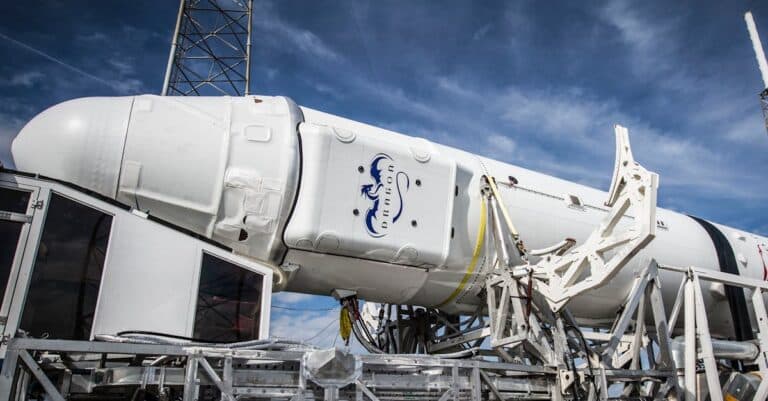The mission management system represents a significant advance in optimizing operations within organizations. By integrating various processes and tools, this system facilitates planning, execution, and tracking.
A mission management system (MMS) is an integrated set of processes, people, and technologies aimed at planning, executing, and tracking specific missions, often in military contexts or critical operations. These systems allow for the centralization of information and task management, thus facilitating coordination and collaboration among the various teams involved.
The dynamic nature of missions, whether military or civilian, requires appropriate tools to ensure effective execution. MMS provide modules and functionalities that allow for good visibility on the progress of operations and resource allocation. They often incorporate aspects of logistics, planning, and analytics, which are crucial for the success of missions.
One of the major advantages of a mission management system lies in automation. By automating repetitive tasks, teams can focus on more strategic and critical missions. This not only increases efficiency but also reduces the risks of human errors. MMS also facilitate real-time data analysis, which enables informed and swift decision-making.
Communication is another fundamental element of mission management systems. With a centralized interface, it is possible to share crucial information with all relevant parties, whether they are units in the field, planning experts, or strategic leadership. This interconnection fosters synchronization and better priority management, essential for mission success.
Moreover, MMS break away from traditional working methods by integrating elements of flexibility and adaptability. For example, in the event of changing conditions in the field, a good mission management system can adjust resources and priorities in real time, thus responding to the specific needs of the situation. This ability to adapt is critical in rapidly evolving contexts.
Modern technologies, such as drones, sensors, and advanced analytics software, further enrich mission management systems. For example, drones can provide aerial data, helping to quickly assess a situation surrounding a given mission. These tools, combined with MMS, offer valuable insights that facilitate mission planning and execution.
It is also essential to emphasize that data security is a priority in mission management systems. Critical information must be protected against any form of cyber threats. Thus, MMS solutions generally incorporate robust cybersecurity protocols to ensure the integrity of exchanged and stored data.
In conclusion, mission management systems bring significant changes to the way we work, fostering better collaboration, increased automation, and responsiveness to unforeseen events. These systems set a crucial milestone towards more integrated and efficient management of operations, whether in military, security, or other sectors requiring rigorous mission management.
























